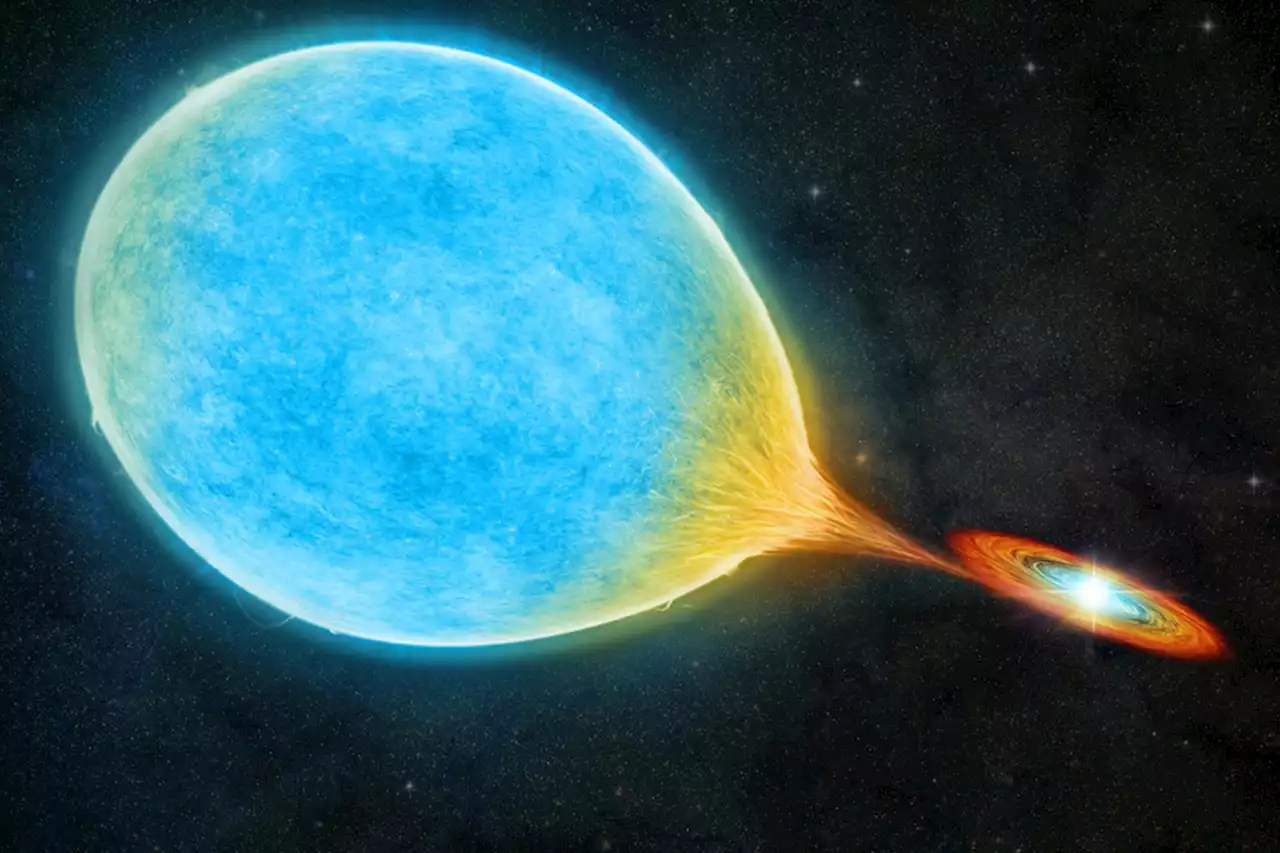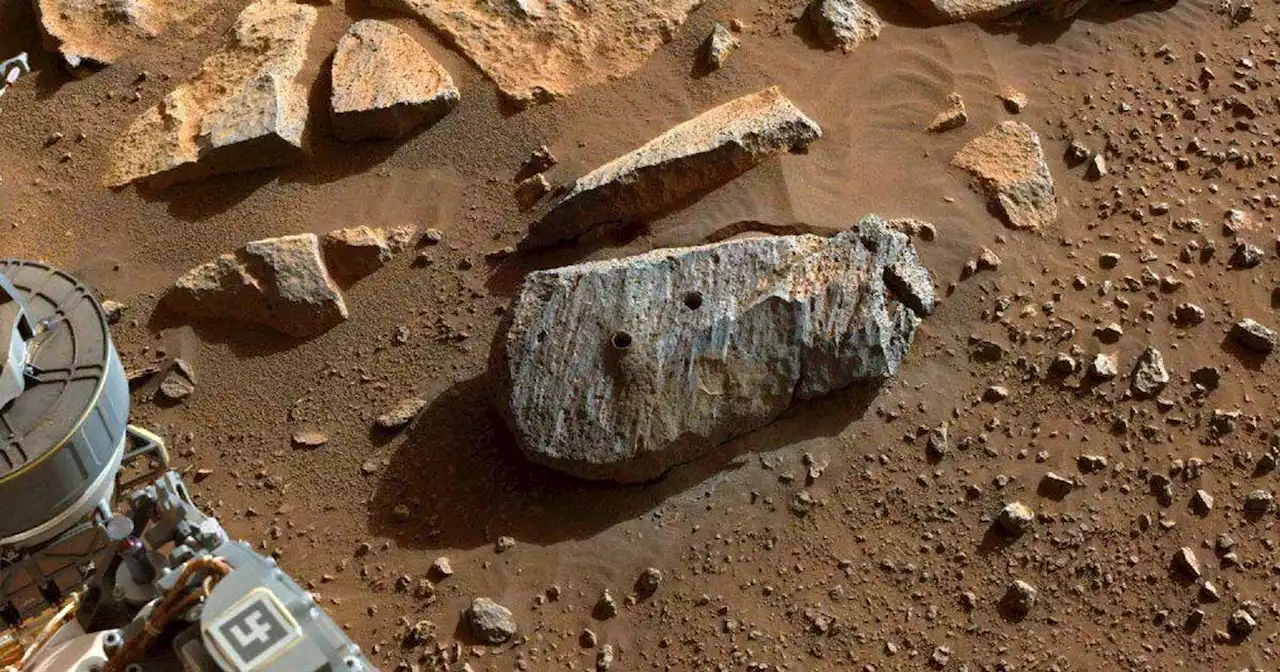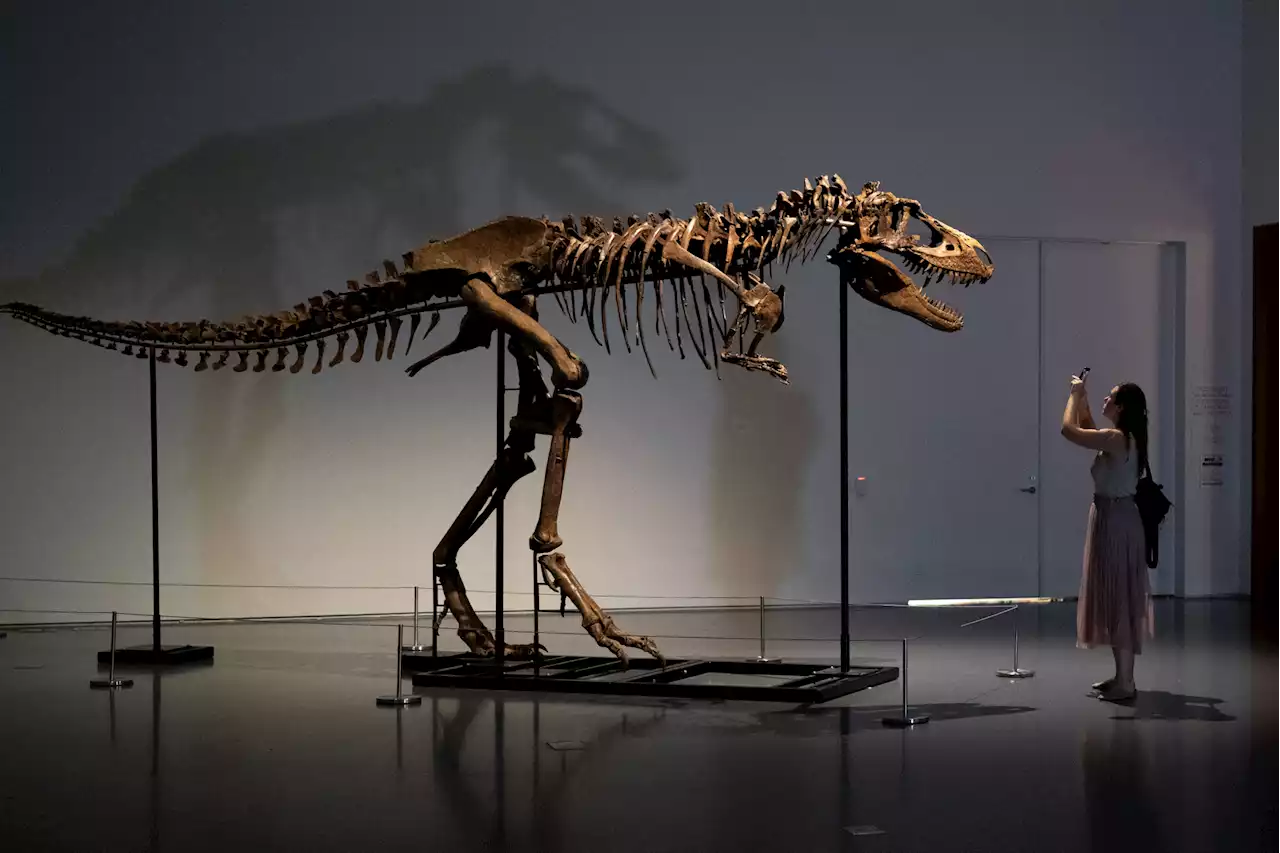Hundreds of millions of years from now, Earth will look unrecognizable as the globe’s largest ocean vanishes, and researchers say the continent 'Amasia' will form from the collision of North America and Asia.
Hundreds of millions of years from now, Earth will look unrecognizable as the globe’s largest ocean vanishes, FOX Weather explains.
According to researchers, every year the Pacific Ocean decreases in size by a few centimeters, and with depictions from a supercomputer, they expect a new continent will form in 200 to 300 million years. The movement of tectonic plates is not a new trend, and Huang said over the last two billion years a supercontinent forms about every 600 million years.If the latest research is accurate, Earth’s seven continents will slowly merge into one giant landmass, surrounded by what are known as the Atlantic and Indian oceans.The continent is expected to first collide with Asia, before North America merges with Asia, ending the Pacific Ocean as we know it.
United States Latest News, United States Headlines
Similar News:You can also read news stories similar to this one that we have collected from other news sources.
 Brutal Video Simulates When Earth Hit Another Planet Many Years AgoWith the help of state-of-the-art supercomputers, we're getting a whole lot closer to unraveling the mystery behind the formation of the Moon.
Brutal Video Simulates When Earth Hit Another Planet Many Years AgoWith the help of state-of-the-art supercomputers, we're getting a whole lot closer to unraveling the mystery behind the formation of the Moon.
Read more »
 The Moon Affected Ancient Earth In Weird Ways 2.5 Billion Years AgoDays were only 17 hours long, due to different dynamics between our planet and its satellite.
The Moon Affected Ancient Earth In Weird Ways 2.5 Billion Years AgoDays were only 17 hours long, due to different dynamics between our planet and its satellite.
Read more »
 Researchers discover star being consumed by its smaller, deader neighbor | EngadgetThis 'cataclysmic variable' is around 3,000 light years away from Earth..
Researchers discover star being consumed by its smaller, deader neighbor | EngadgetThis 'cataclysmic variable' is around 3,000 light years away from Earth..
Read more »
 Driving the Future of Rare Earth Mining in AustraliaThe Nolans Project in the northern Territory is Driving the Future of rare earth mining and refining in Australia.
Driving the Future of Rare Earth Mining in AustraliaThe Nolans Project in the northern Territory is Driving the Future of rare earth mining and refining in Australia.
Read more »
 Mars Rock Samples Probably Won't Infect Earth With Deadly Martian Plague, Scientist SaysIf you're worried about NASA's plan to bring Mars rocks back to Earth to study them, you probably don't need to be, scientists say.
Mars Rock Samples Probably Won't Infect Earth With Deadly Martian Plague, Scientist SaysIf you're worried about NASA's plan to bring Mars rocks back to Earth to study them, you probably don't need to be, scientists say.
Read more »
 Dinosaurs were doomed even before asteroid hit Earth: studyScientists have found why dinosaurs were on the decline before their extinction.
Dinosaurs were doomed even before asteroid hit Earth: studyScientists have found why dinosaurs were on the decline before their extinction.
Read more »
